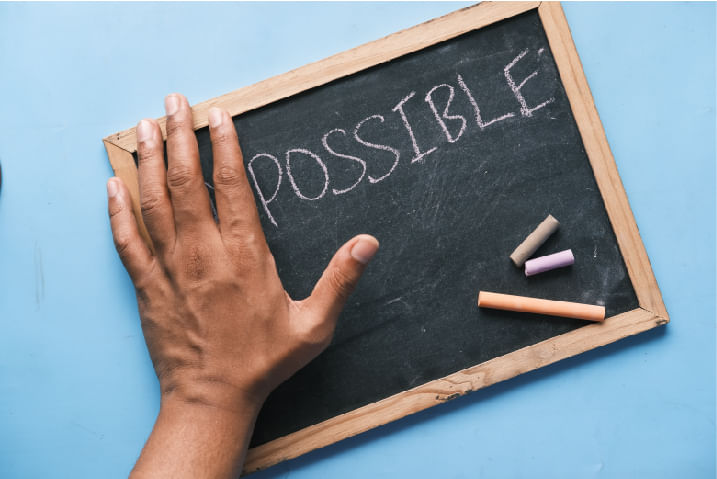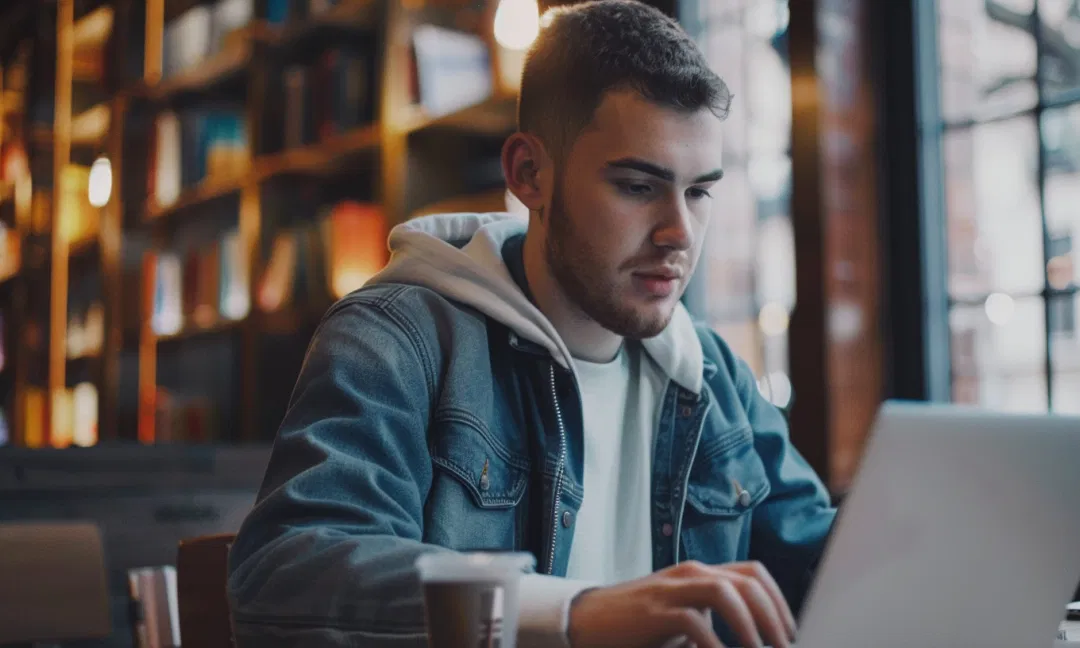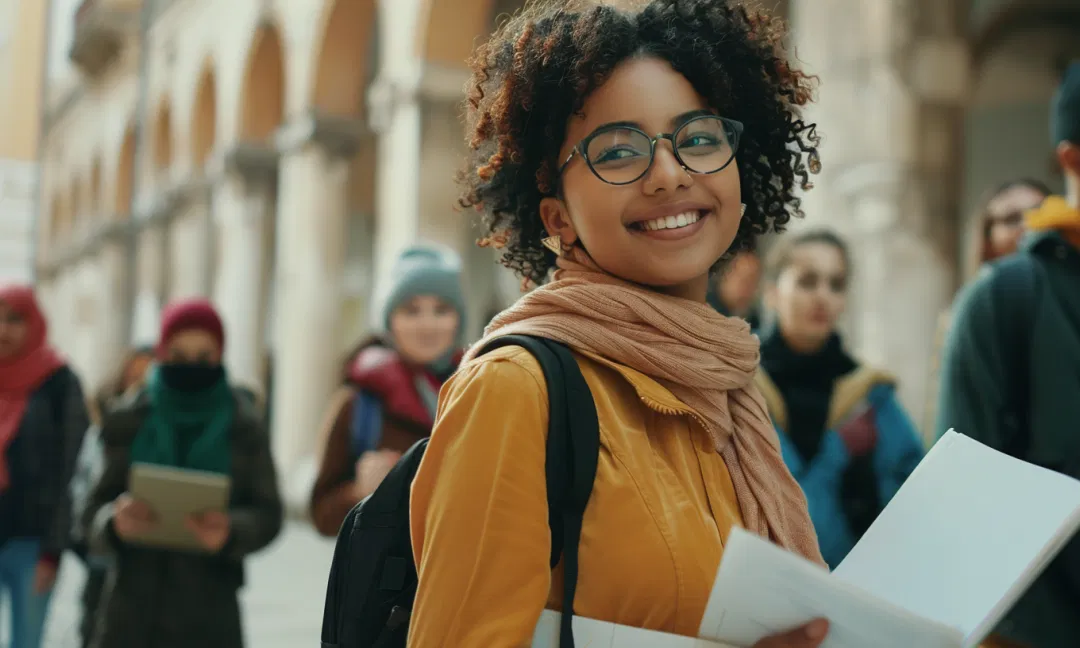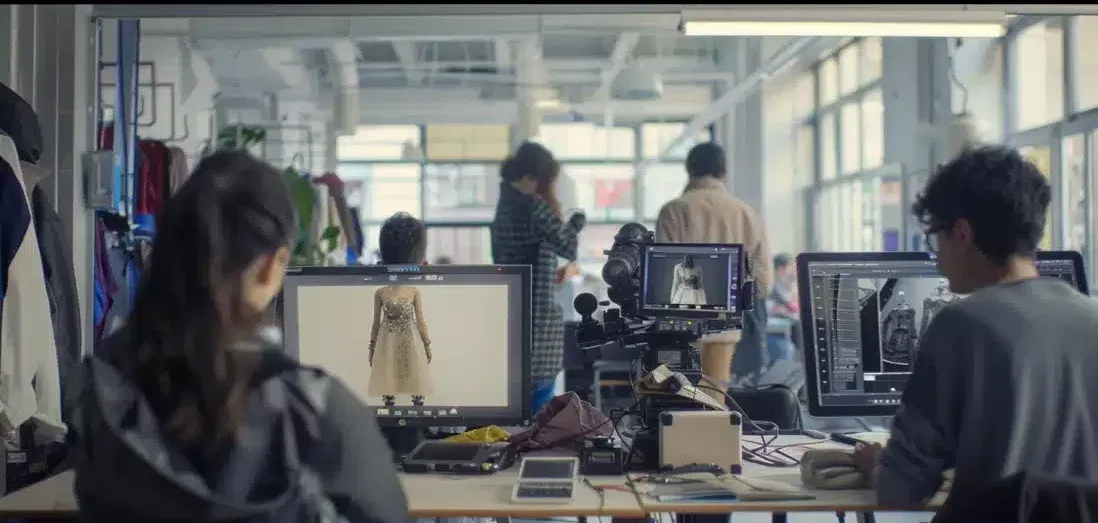Wondering what is a personal education plan? Well, a Personal Education Plan (PEP) is a vital part of every child’s care programme, as well as a part of the student’s curriculum plan. The obligation for ensuring that the PEP is alive and functional is shared between schools and the local government. This student learning plan is important because it serves as a collective memory of a child’s education and, when used effectively, improves the child’s educational experience by assisting everyone in gaining a clear understanding of the teaching and learning provision required to meet the child’s educational needs; this is especially important at times of transition.
What Is A Personal Education Plan & Its Importance
The personal education plan will accompany the child/young person throughout their education and will include the following items:
- Keeps track of academic progress and performance.
- Highlighting advantages
- Identifying unique requirements
- Improvements to be made
- Clearly define your objectives.
- Identifying the parties involved and those who are accountable
Check out: List of countries with a free education
Meetings of the PEP are attended by:
- Young Person/Child
- At the school, there is a Social Worker Designated Teacher for Children in Care.
- Caring for a child as a parent or a foster parent
- Other professionals as determined by the social worker (e.g., Educational Psychologist, Therapist, Advisory Teacher (art, sand, play)
Everything You Need To Know About PEP Meetings
Now that you know what is a personal education plan, let us see what happens in every PEP meeting and how it takes place?
The PEP meeting is both a commemoration of the child’s success so far and a tool for the kid to understand what will happen in the future and how things might be improved.
The Designated Teacher / Worker at the PEP meeting:
– Greets everyone and completes informal introductions for the benefit of the child / young person
– Outlines the meeting’s agenda briefly
– Assures that the child / young person offers their contribution. PEP Part 3 allows them to talk about their priorities.
You may also like: Top 10 education influencers in the UK
The Designated Teacher/Worker ensures that everyone in attendance at the PEP meeting participates and provides feedback on the following:
– What is working/going well for the child/adolescent (strengths, successes, and accomplishments)
– What exactly isn’t working? (Right now, there are some challenges, concerns, and issues)
– What is most essential for children or young people right now (what we need to work on right now – short-term goals)
– What are the aims and dreams of the kid or young person for the future (long-term goals)?
– Agree on the child/young person’s short-term educational goals and the steps needed to accomplish them (see page PEP Part 4 Summary & Implementation Plan).
The Designated Teacher/Worker acknowledges everyone for their contributions and summarises the major points, aims, and actions at the end of the meeting. Everyone is informed that once they have finished the paperwork, they will receive feedback from the meeting (PEP Part 4).
At the PEP meeting, neither PEP Part 1 nor PEP Part 2 are discussed. The PEP meeting will focus on PEP Part 3 My PEP (Child / Young Persons Contribution) and provide data so that the Authorized Teacher / Worker may compile the PEP Part 4 Summary & Action Plan utilising the information from the meeting following the PEP meeting.
Check out: Overseas education consultants or independent admission counsellors?
Is There Any Training On Personal Education Plans? | What Is A Personal Education Plan?
Yes, training is provided where you will come across personal education plan examples for different areas. Social services, foster caregivers, designated teachers in schools, and designated workers in early childhood settings all receive training.
Every half-term, PEP training is repeated. To register for the training, please contact the City of York Workforce Development Unit.
How Often Is The Personal Education Plan Completed?
The PEP should be started within 14 days of the child being cared about and must be available for the child or young person’s care plan’s statutory review. The PEP should thereafter be done at least once a year and as and when: i) The student’s educational placement changes.
ii) The child’s care situation has changed.
iii) Any other important problems or issues concerning the child’s or young person’s education, which could prompt the young person, social worker, caregiver, or designated teacher to request a review of the PEP.
When completing the 6 monthly Child Care Review Consultation Form, education providers are requested to write comments on the child/young person’s educational progress and progress toward the PEP targets.
—
If you liked reading this blog on “What is a Personal Education Plan?” then make sure you check out our other informative blogs linked below.















0 Comments